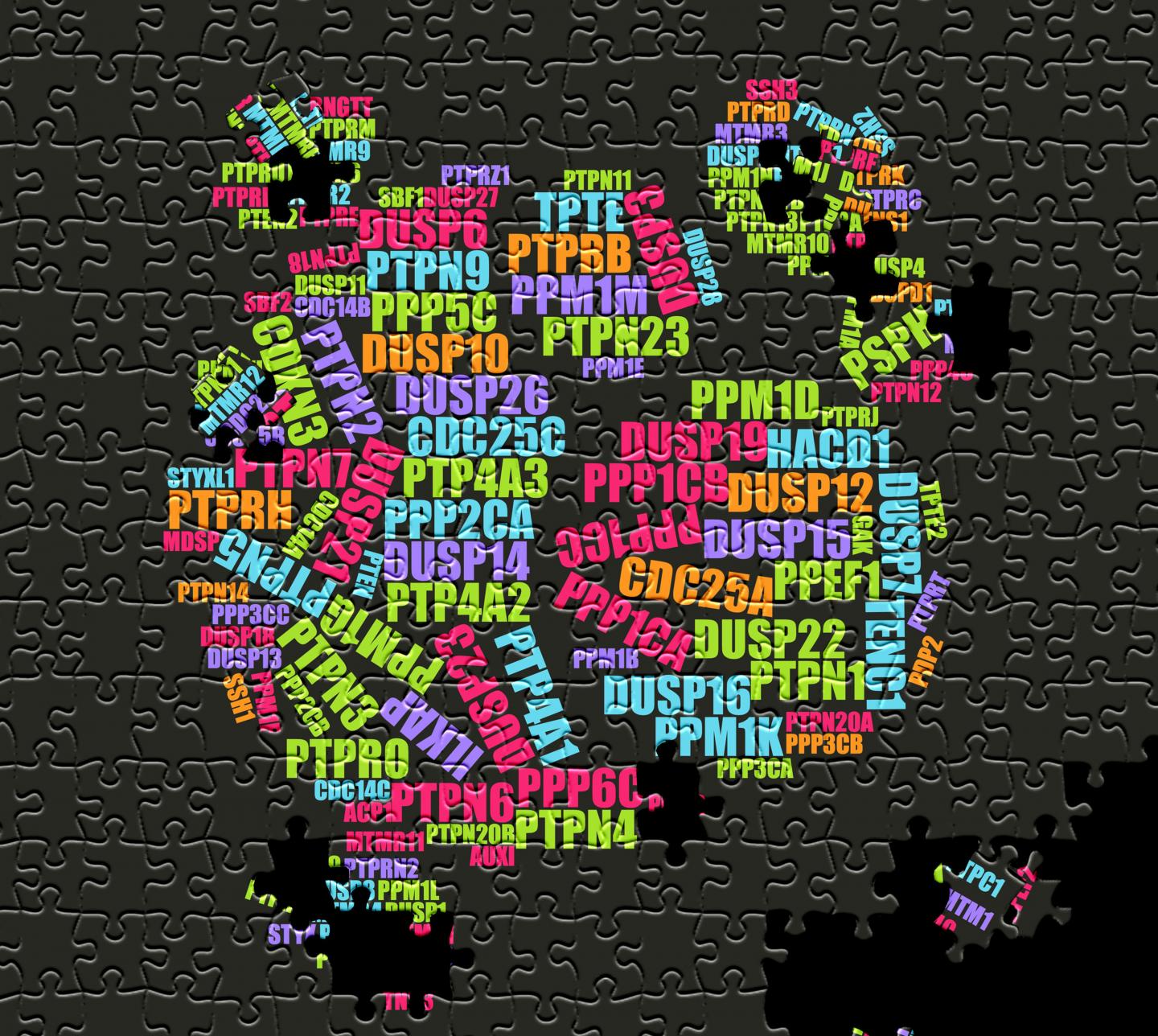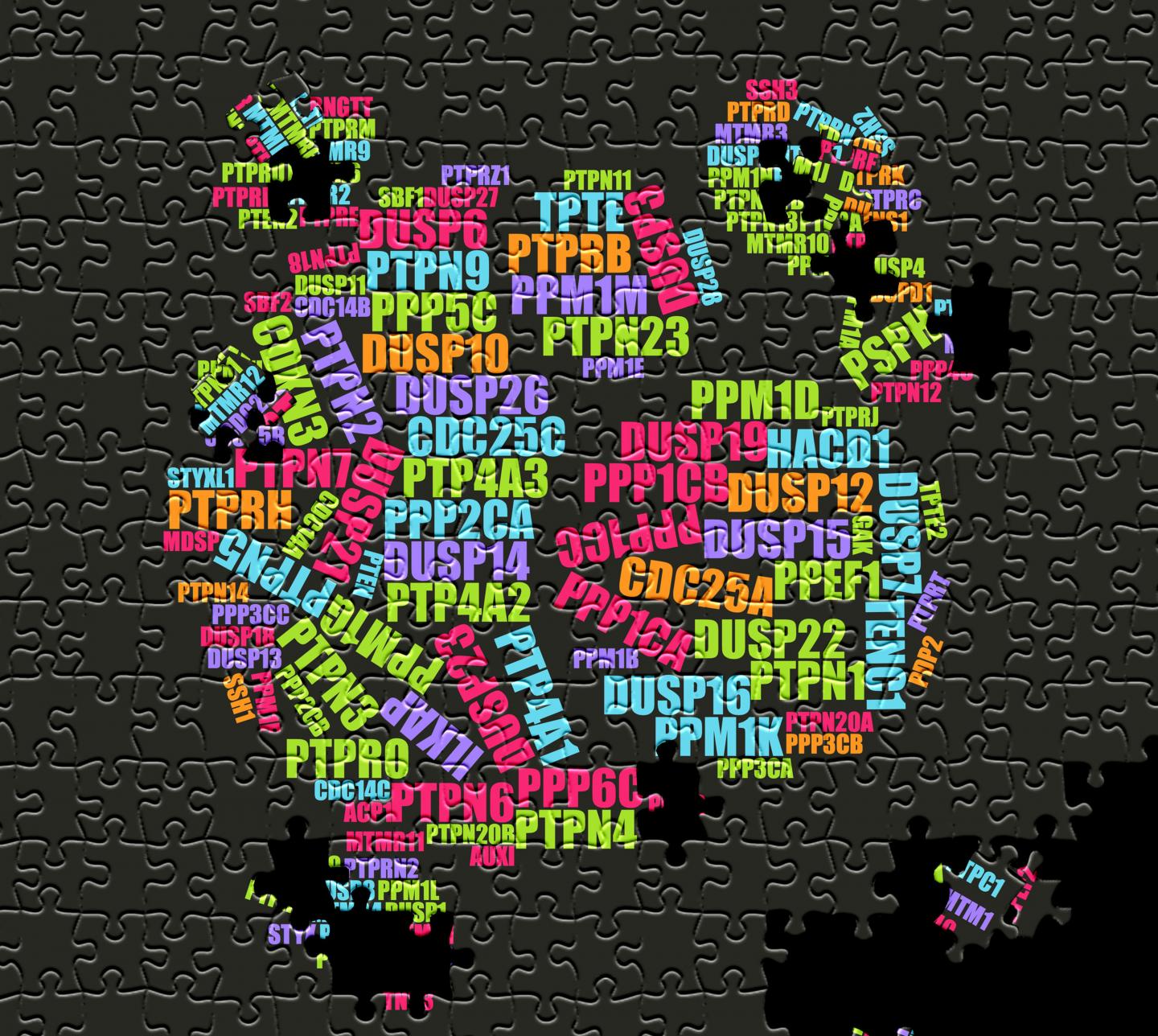
Credit: Markku Varjosalo
Coordinated activities of protein kinases and protein phosphatases ensure phosphorylation homeostasis and amplitude of signaling response, and understandably its imbalance is linked to diseases, such as cancer. Unlike with protein kinases, the current knowledge of protein phosphatase functions and especially on their formed interactions and complexes remains fragmentary.
In a study published in the 26th of April issue of Cell Systems (advanced online 15th March), a Finnish-Swiss research team led by Dr. Markku Varjosalo from the Institute of biotechnology and University of Helsinki, report global quantitative interactomics analysis covering half of the human protein phosphatome. They further derive and characterize the molecular functions and pathways that the protein phosphatases connect via their stable or transient interactors. Furthermore, their study reveals novel physical as well as functional links to phosphatase-based regulation of human cancer.
"This study is a continuum of our almost a decade long efforts to systematically dissect the molecular mechanisms behind the protein phosphorylation. After our extensive analyses on protein kinases, the protein phosphatases were naturally to follow. The protein phosphatases were too long thought to just be the negative counterpart of protein kinases, with promiscuous activity and low intrinsic substrate specificity. Recent studies such as ours, however, establish protein phosphatases as positive and essential regulators of signal transduction, with remarkable substrate specificity and coordinated activities. The phosphatases are also promising targets for therapeutic intervention in the treatment of various cancers", Dr. Varjosalo states.
###
The study was financially supported by the Academy of Finland, University of Helsinki, The Sigrid Juselius Foundation, The Emil Aaltonen Foundation, the Swiss Initiative in Systems Biology (SystemsX.ch), Instrumentarium Science Foundation and the Cancer Society of Finland.
Media Contact
Dr. Markku Varjosalo
[email protected]
358-294-159-413
@helsinkiuni
http://www.helsinki.fi/university/
############
Story Source: Materials provided by Scienmag





